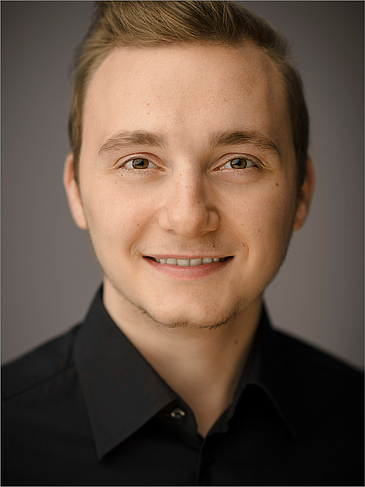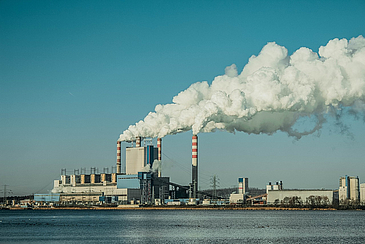With regard to the increasing climate change and its already noticeable consequences, technologies to reduce the carbon footprint of CO2 emitting industries such as power plants or the chemical industry are of great importance. This presentation will give a broad overview of current carbon capture methods and technologies such as post/pre-combustion, chemical absorption, membranes, and bioprocesses like algae capture. In addition, carbon storage and carbon utilization methods after capturing will be presented and discussed. Furthermore, there will be examples of real-world applications that can help us move toward a sustainable carbon-neutral future.
Tim Thiedemann completed his master's degree in chemistry in 2022. During his master's thesis, he worked on the simulation and modeling of biogas plants and the kinetics of anaerobic fermentation processes. Moreover, he dealt with different downstreaming and utilization options of biogas as well as the capture of CO2. Currently, he is working as a PhD student in the research group “Photocatalysis and sustainable feedstock utilization” at the Carl von Ossietzky University in Oldenburg. His research areas are process development, carbon capture, and biomass-derived fuels to evaluate new and climate-friendly energy resources.



